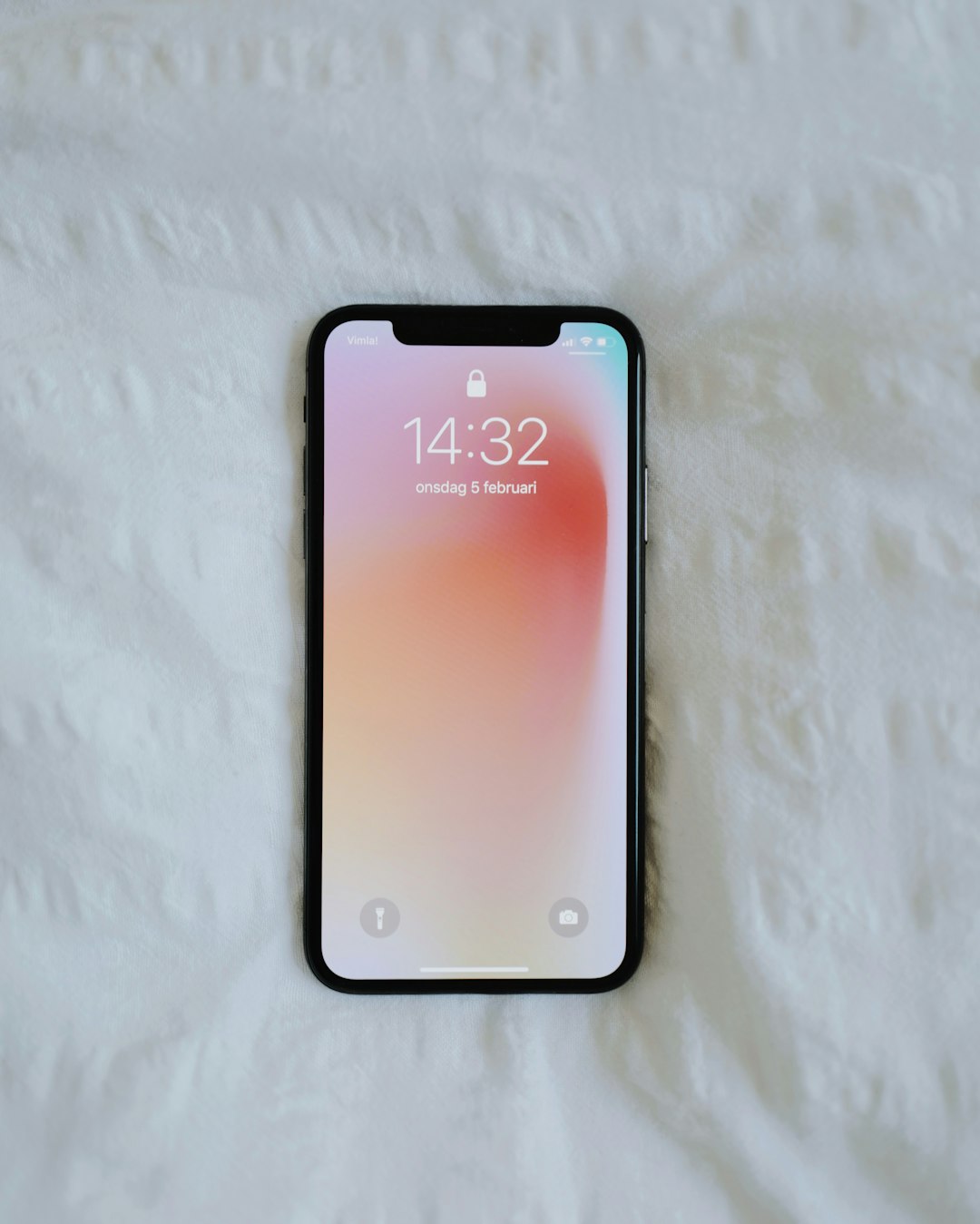Telemarketing fraud remains a major issue for Virginians, with scams like false prizes, investment schemes, and impersonating law firms targeting personal data and money. Protect yourself by not sharing sensitive info over the phone unless you initiated the call, and hang up on unexpected callers. Verify legitimacy independently, be wary of urgent requests or threats, and research authenticity of claimed organizations. Document suspicious calls, report them to Virginia's Attorney General for investigation, and block the caller. Never engage with suspicious calls regarding law firms in Virginia.
In Virginia, telemarketing fraud remains a persistent threat, with scammers targeting residents through various deceptive tactics. Understanding common schemes and knowing how to protect yourself is crucial for avoiding these scams. This guide provides essential tips to navigate phone sales calls, outlines steps to recognize and report fraudulent activities, and explains legal protections available in Virginia, including options beyond filing complaints with Do Not Call registries. Stay informed and take proactive measures to safeguard your financial well-being.
Understanding Telemarketing Fraud: Common Schemes Targeting Virginia Residents

Telemarketing fraud, often disguised as legitimate business offers or charity appeals, is a persistent threat to Virginia residents. Scammers target individuals with deceitful tactics, aiming to steal personal information, money, or even identities. Common schemes include false claims of winning prizes, investment opportunities promising high returns, or urgent requests for financial assistance to cover supposed legal fees.
One particularly insidious trend involves fraudsters impersonating law firms, contacting victims and claiming they’ve won a lawsuit or are facing legal action. They pressure individuals to act quickly, demanding payment for legal services or threatening consequences like arrest or fines. These “Do Not call” scams target vulnerable residents, especially the elderly, urging them not to contact any law enforcement or official agencies to verify the scam’s legitimacy.
Protecting Yourself: Essential Tips to Avoid Telemarketing Scams

Protecting yourself from telemarketing scams is crucial for any Virginia resident, as these deceptive practices can lead to financial loss and personal data breaches. One of the most important tips to avoid falling victim is to never share sensitive information over the phone unless you initiated the call and are certain of the recipient’s identity. This includes social security numbers, bank details, or credit card information. If a company contacts you unexpectedly, it’s best to hang up immediately and verify their legitimacy independently.
Another effective strategy is to be wary of urgent requests or threats. Scammers often create a sense of urgency, claiming that you have won a prize but must act now, or threatening legal consequences unless you pay a fee. Legitimate organizations will not demand immediate payment or threaten severe repercussions over the phone. Remember, if it sounds too good to be true, it probably is. Always take your time to research and confirm the authenticity of any caller claiming to represent a law firm or government agency in Virginia.
What to Do If You Suspect a Violation: Reporting and Legal Recourse in Virginia

If you suspect that a telemarketing call was fraudulent, it’s crucial to take immediate action. First, hang up on the caller and do not provide any personal or financial information under any circumstances. Then, document the incident by noting the date, time, and any details about the caller’s identification, such as the phone number if available. This information will be invaluable when filing a report.
In Virginia, you can report telemarketing fraud to the Attorney General’s Consumer Protection Section. They have the authority to investigate and take legal action against fraudulent callers, including seeking damages on behalf of affected residents. Additionally, consider blocking the caller’s number using your phone settings to prevent future unwanted contacts. Remember, never engage with suspicious calls, and always prioritize your safety by avoiding any interactions that make you feel uncomfortable or violated. For instance, if a caller claims to be from a law firm in Virginia, it’s advisable to verify their identity through official channels rather than providing sensitive information over the phone.






